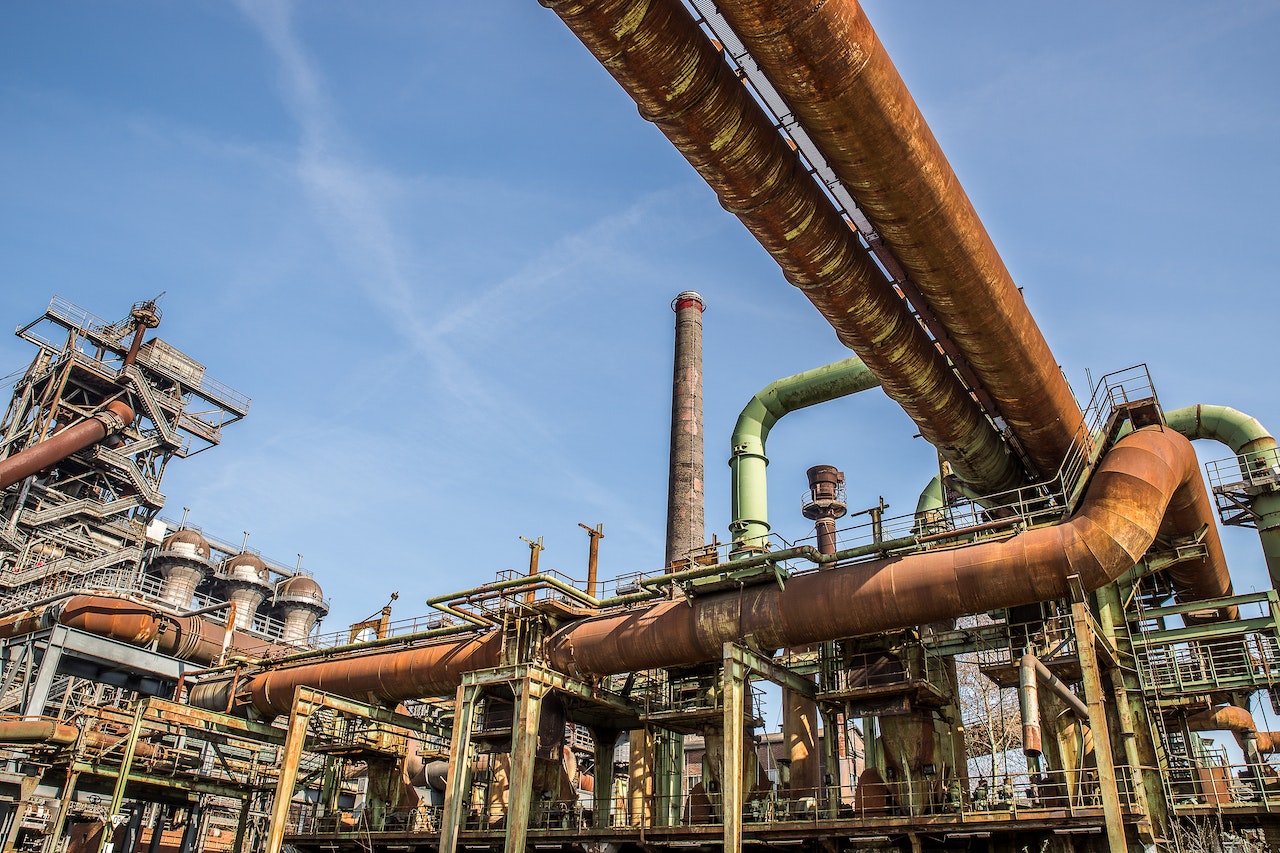The utilization of Russian oil is on the rise in the Czech Republic. During the first half of this year, approximately 65% of the oil imported into the country was sourced through the Russian Druzhba pipeline, marking a notable increase compared to the previous year’s 56% and even lower figures in earlier years. This information was shared by Barbora Putzová, the spokesperson for the state-owned company Mero, in an announcement made to the Czech News Agency. Consequently, the proportion of Russian oil in the Czech Republic’s oil imports is at its highest point since at least 2012.
It’s noteworthy that the European Union (EU) imposed a ban on oil imports from Russia last year. However, the Czech Republic possesses an exemption allowing the use of the Druzhba pipeline for oil transportation. Notably, Mero holds ownership and operational responsibilities for the Czech portion of the Druzhba pipeline, in addition to the IKL pipeline, and is the sole entity responsible for transporting oil to the Czech Republic.
In recent months, the share of Russian crude oil in the country’s total imports has been steadily increasing. This trend is not unique to the Czech Republic, as analysts have been cautioning since the summer that EU refiners were seeking to secure additional crude oil due to concerns about potential disruptions in the transit of crude through Ukraine.
Oil supply to the Czech Republic primarily comes from two sources: the Druzhba pipeline, which imports oil from Russia, and the IKL pipeline from Germany, connected to the TAL pipeline from Italy. Throughout 2022, approximately 7.4 million tonnes of crude oil were transported through these pipelines to Czech refineries, representing a roughly 7 % year-on-year increase.
It’s important to note that oil imports through the Druzhba pipeline are increasing despite the sanctions imposed on Russia due to the invasion of Ukraine. The EU’s ban on Russian oil imports took effect in December of the previous year, but imports via the Druzhba pipeline, with its southern branch traversing Ukraine to Hungary, Slovakia, and the Czech Republic, and its northern branch reaching Poland and Germany, have received temporary exemptions from this embargo.
A group of about thirty individuals staged a protest in Prague, calling for reduced Russian oil imports into the Czech Republic. They specifically demanded government intervention to encourage Orlen Unipetrol to decrease its oil supplies from Russia. The Ministry of Industry and Trade (MIT) spokesperson, Vojtech Srnka, noted that an immediate replacement for Russian oil supplies is not feasible.
Initiators of the “NO to Russian Oil” campaign claimed that in 2023, the Czech Republic imported oil worth 25 billion crowns, with seven billion crowns characterized as unnecessary payments to the Russian budget. This calculation was based on data from the STAZO database regarding Russian oil imports and information on the minimum consumption of Russian oil specified in a 2013 contract.
Looking ahead, the Czech Republic has plans to completely discontinue its reliance on Russian oil. As a step in this direction, Mero initiated design work to expand the capacity of the European TAL pipeline in July of this year. The 1.6 billion Czech koruna project is anticipated to augment the country’s capacity by four million tonnes of oil annually starting from 2025, enabling the delivery of up to eight million tonnes of oil per year through the pipeline. This development aims to render the Czech Republic independent of Russian oil. The TAL pipeline commences in Trieste, Italy, where oil is sourced from numerous countries, primarily the Caspian and Black Sea regions, the USA, and Africa. Mero has held a 5% stake in the TAL pipeline since 2012.
In addition to oil, the Czech Republic has historically relied on gas supplies from Russia. However, since last year, the EU has begun to restrict Russian gas imports as part of its anti-Russian sanctions. According to the domestic MIT, no gas has flowed into the Czech Republic from Russia since the beginning of this year. It has been replaced by Norwegian gas and liquefied natural gas (LNG) from terminals in the Netherlands and Belgium.
Source: ceskenoviny.cz


















